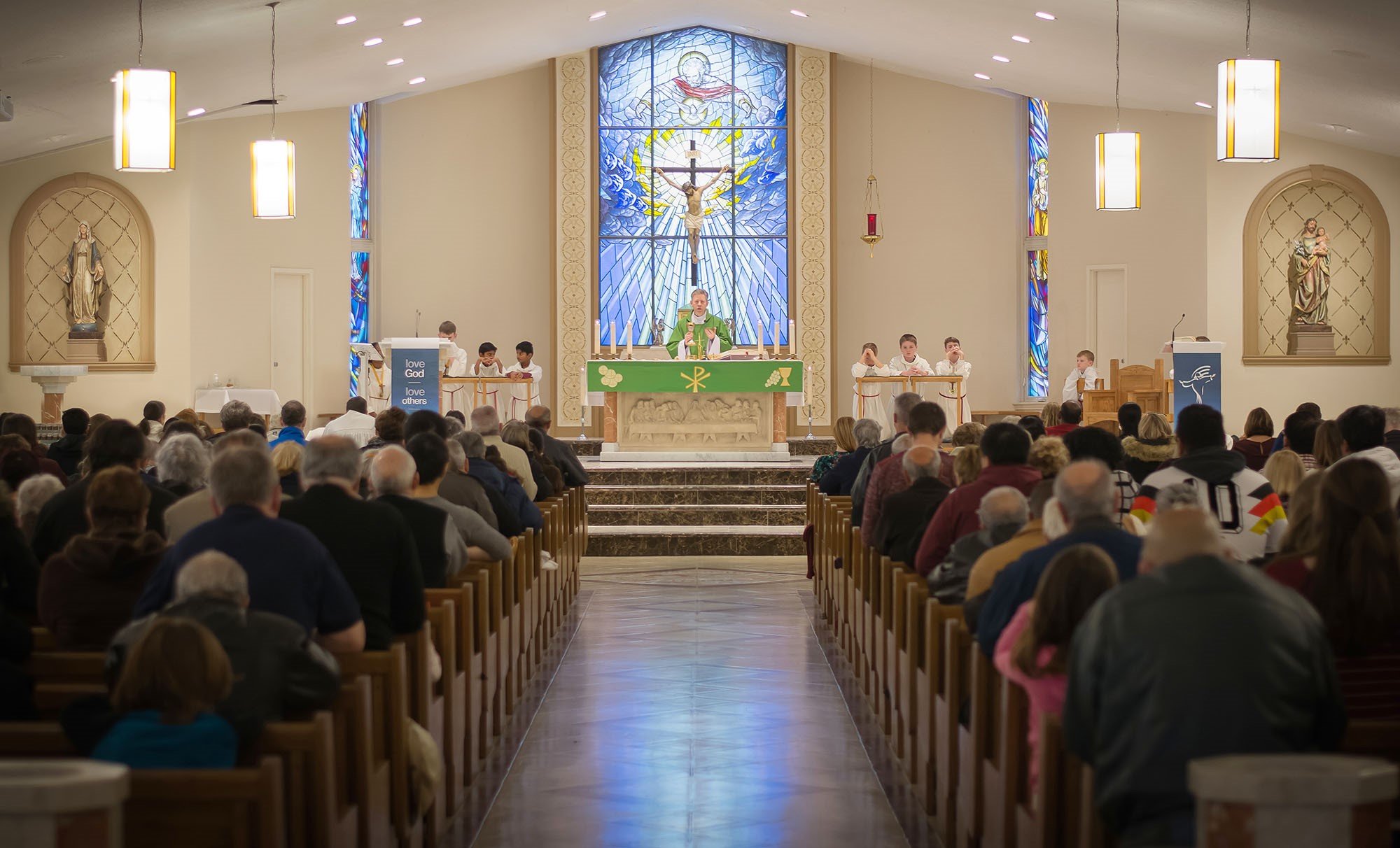- Home
- Our Community
- Our Faith
- Parish Life
- GROWING IN FAITH
- Bulletin
- Contact Us
- Search

‘Listening to Indigenous Voices’ Facilitator’s Training
The Jesuit Forum and the Mary Ward Centre are hosting a half-day introduction to encourage dialogue circles within the ministry setting based on the guidebook Listening to Indigenous Voices: A Dialogue Guide on Justice and Right Relationships. Taking place on November 26 from 10 a.m. to 1 p.m., the training session is intended for those who have already participated in Listening to Indigenous Voices (LTIV) related dialogue circles and now want to continue exploring Indigenous issues and relations further – helping organize and facilitate future LTIV Dialogue circles within their own faith communities.
'Listening to Indigenous Voices’ seeks to bring groups together in a process of dialogue upon the history and issues facing Indigenous Canadians in the spirit of truth and reconciliation.
“The process of sharing and dialogue is not an intellectual exercise, but rather one of getting to know one another, building trust, sharing what we’re thinking and feeling, and confronting the painful legacy that lives on today,” explains the guide. “The use of sharing circles is common in many traditional cultures, including most Indigenous cultures of this land. These circles promote deep listening, personal engagement, and discernment rather than debate or planning.
“The Listening to Indigenous Voices guide and process invites us to listen deeply to the reflections and stories shared by various Indigenous authors. We are also invited to listen deeply and attentively to one another within the circle and engage in how the readings touch us and call us to transformation.”
This learning resource was developed over a period of several years with an advisory group and editorial team made up of both Indigenous and non-Indigenous members with the aim of helping to contribute in the ‘Calls to Action’ of Canada’s Truth and Reconciliation Commission as a church community.
The guide seeks to respond to – and even go beyond – the call of the Truth and Reconciliation Commission to church parties to “develop ongoing education strategies to ensure that their respective congregations learn about their church’s role in colonization, the history and legacy of residential schools, and why apologies to former residential school students, their families, and communities were necessary.”
To register for the event, please click here.
